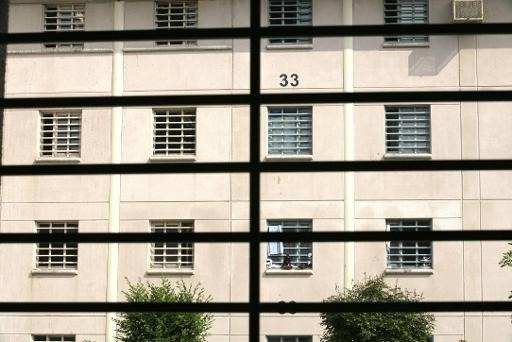It is illusory to imagine that we can completely isolate radicalised prisoners, in the which have been especally fitted out for them in the Ittre and Hasselt prisons. The Head of Belgian State Security, Jaak Raes, said this when speaking before the parliamentary investigative commission on the attacks.
As part of the fight against radicalisation, the government decided to fit out two wings to accommodate the most radicalised prisoners liable to influence their cellmates. However, it appears that they are not completely watertight and the 23 prisoners in these wings succeeded in communicating with prisoners in other wings.
The Head of the Civil Intelligence Services said, “We realise that they are incredibly creative - they have a lot of time to deliberate - in implementing alternative communication systems. We must not imagine that they could possibly have no contact with other prisoners. This would indeed be an illusion.”
The way that these prisons are built is just one of the problems which the state has to resolve. Their construction is such that throughout the evening or night, the prisoners can shout ffrom one wing to another in a language with which prison wardens are not familiar.
Messages can be sent during walks and other non-cell activities.
The observation is closely akin to that made by the Director of Ittre prison, Valérie Leburton, last week. She suggested that a separate special prison, could be fitted out. She quoted the example of the new establishment being built at Vresse-sur-Semois.
A special “prisons” cell has emerged within Belgium’s State Security.
Nowadays this has some ten individuals. In total, some 450 radicalised prisoners have been discovered: Some 160 have been suspected or sentenced in terrorism cases, others are in prison for common law offences but are known for being radicalised.
Still others have been radicalised in prison, and the final category are at the “dividing line” between delinquency and radicalisation.
State Security has uncovered a dozen or so incidents involving prisoners linked to terrorism cases, who were sending messages using mobile telephones or watching terrorist propaganda films during the night.
The Brussels Times

